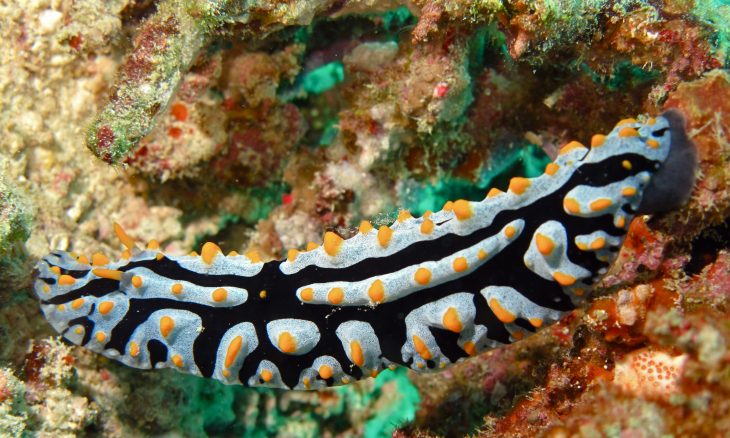
Imagine losing a limb and growing it back like nothing happened. Sounds like science fiction, right? But for some animals, this is just another day in the wild. From tiny worms to majestic lizards, nature has equipped certain creatures with the incredible ability to regenerate lost body parts. This fascinating phenomenon not only showcases the wonders of evolution but also sparks curiosity about the potential for medical advancements. Ready to dive into the world of these amazing regenerators? Let’s explore 25 animals that can perform this extraordinary feat and uncover the secrets behind their remarkable abilities.
1
of 25
Starfish
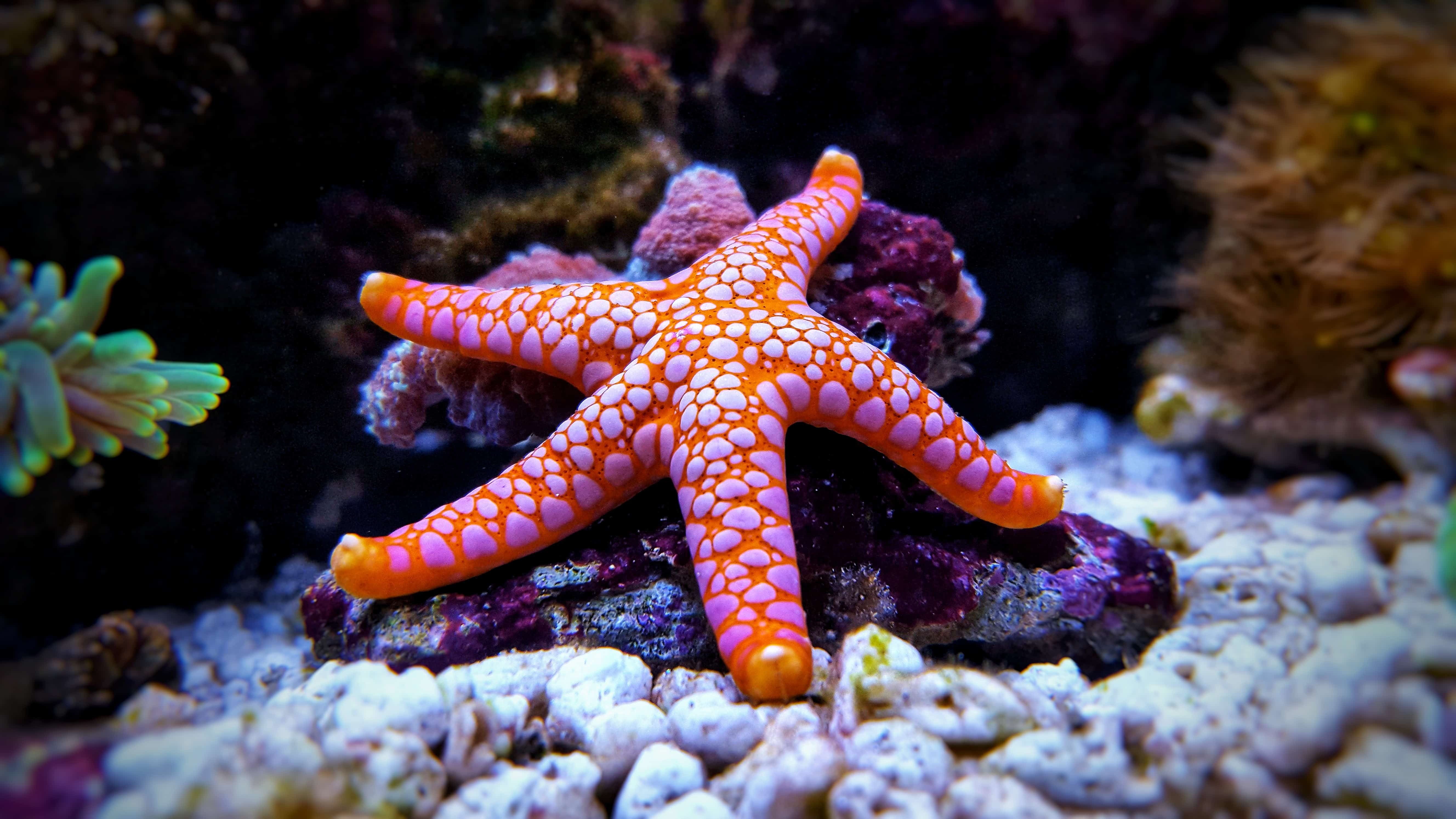
Starfish, or sea stars, are fascinating marine creatures known for their incredible regenerative abilities. They come in various shapes, sizes, and colors, each more unique than the last. Some can regrow entire limbs if they lose one, making them a marvel of nature’s design. These underwater wonders can be found in oceans all around the globe, from shallow reefs to deep-sea floors. With their star-shaped bodies and remarkable survival skills, starfish captivate both scientists and ocean enthusiasts alike. Dive into the world of these intriguing echinoderms to uncover their secrets and incredible diversity.
Read More About Starfish: Starfish Facts
2
of 25
Whelk
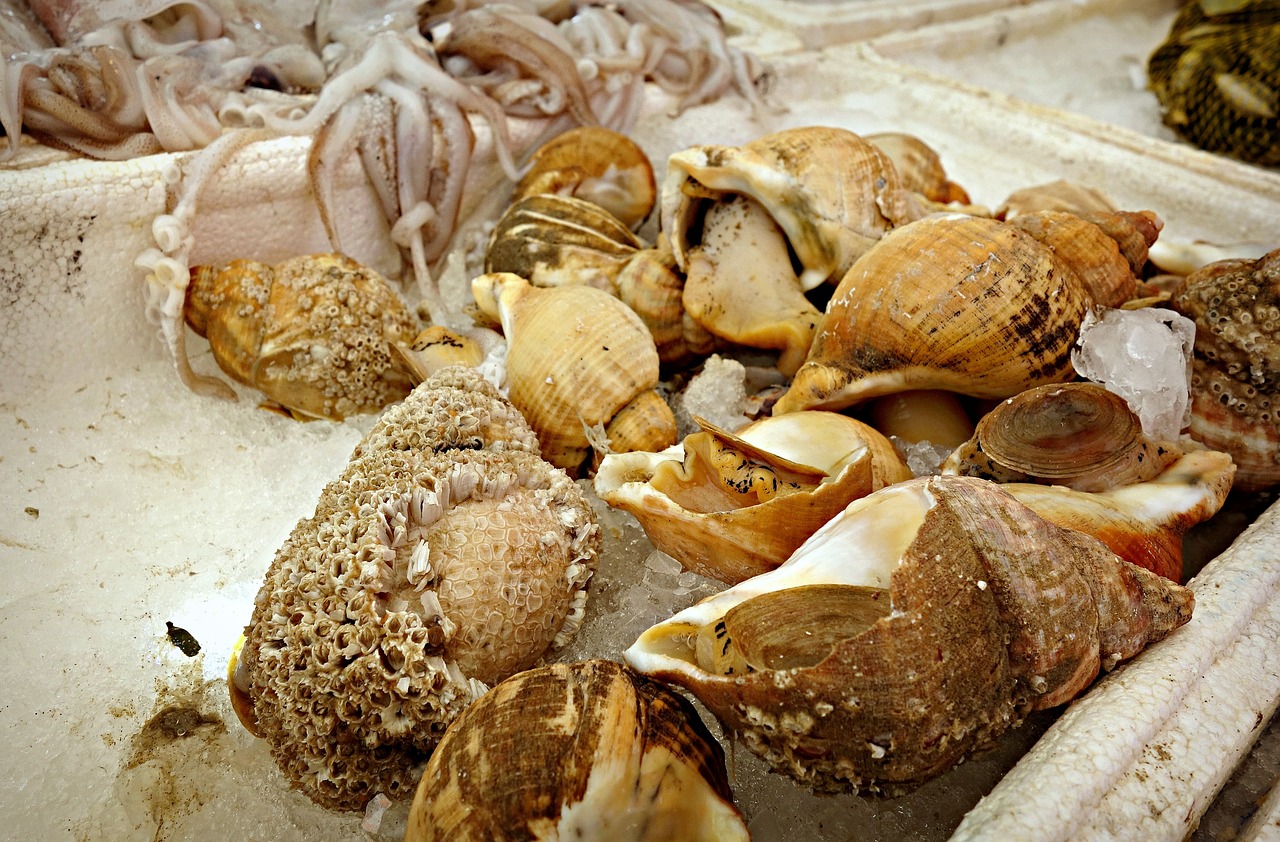
Whelks are remarkable marine snails known for their ability to regenerate lost body parts. This impressive trait allows them to recover from injuries and continue thriving in their ocean habitats. Their regenerative abilities, combined with their hard shells, make whelks resilient and adaptable creatures. Understanding their unique biology offers insights into the fascinating world of marine life. Learn 20 interesting facts about whelks and their extraordinary regenerative capabilities.
Read More About Whelk: 20 Facts About Whelk
3
of 25
Grasshoppers
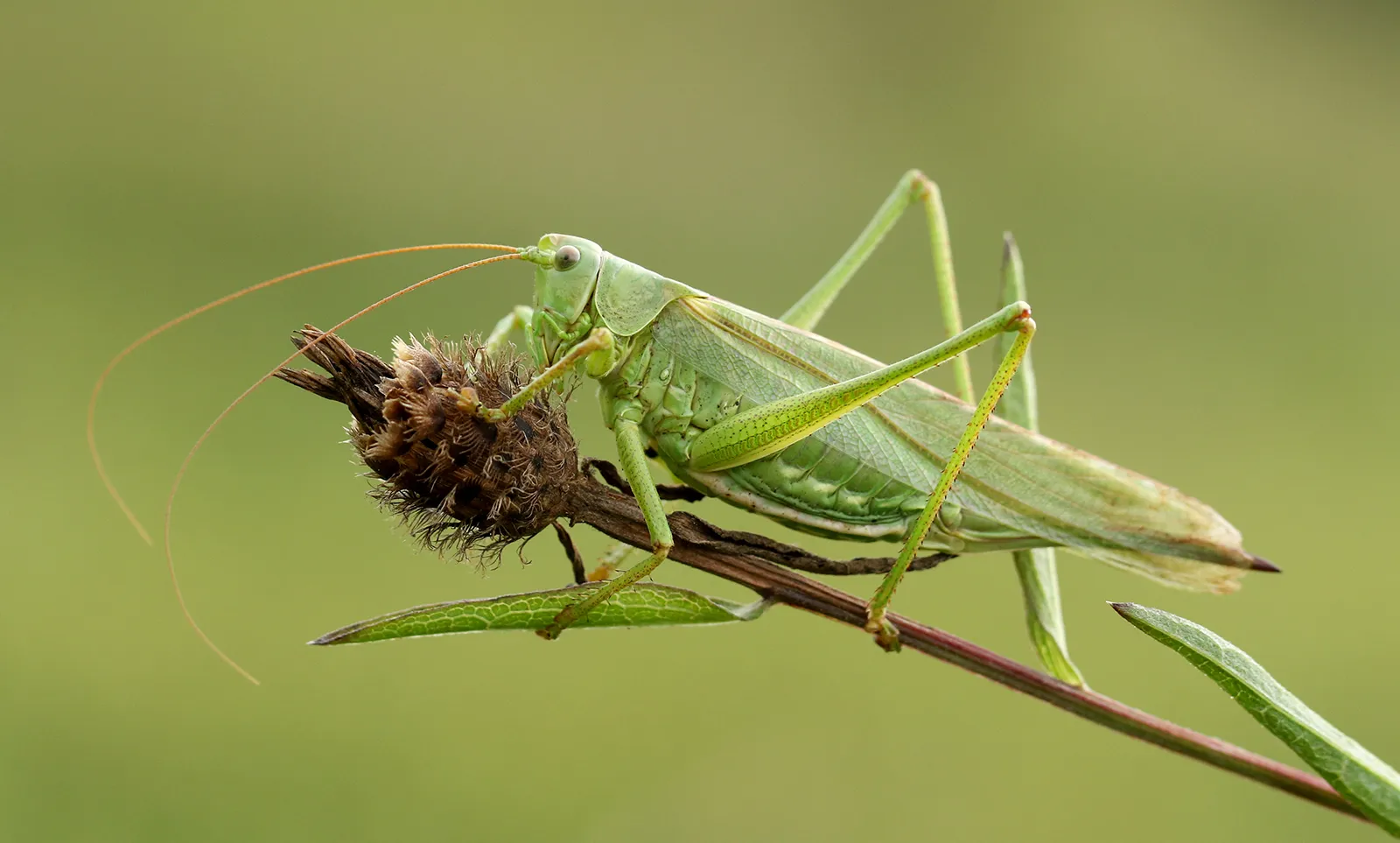
Grasshoppers are fascinating insects known for their ability to regenerate lost limbs. This regenerative capability allows them to recover from injuries and maintain mobility, which is crucial for escaping predators and navigating their environment. Their impressive adaptation highlights the resilience of these insects in various habitats. Understanding their unique biological traits provides deeper insights into the insect world. Discover 15 interesting facts about grasshoppers and their remarkable ability to regenerate body parts.
Read More About Grasshoppers: 15 Facts About Grasshoppers
4
of 25
Sand Dollar
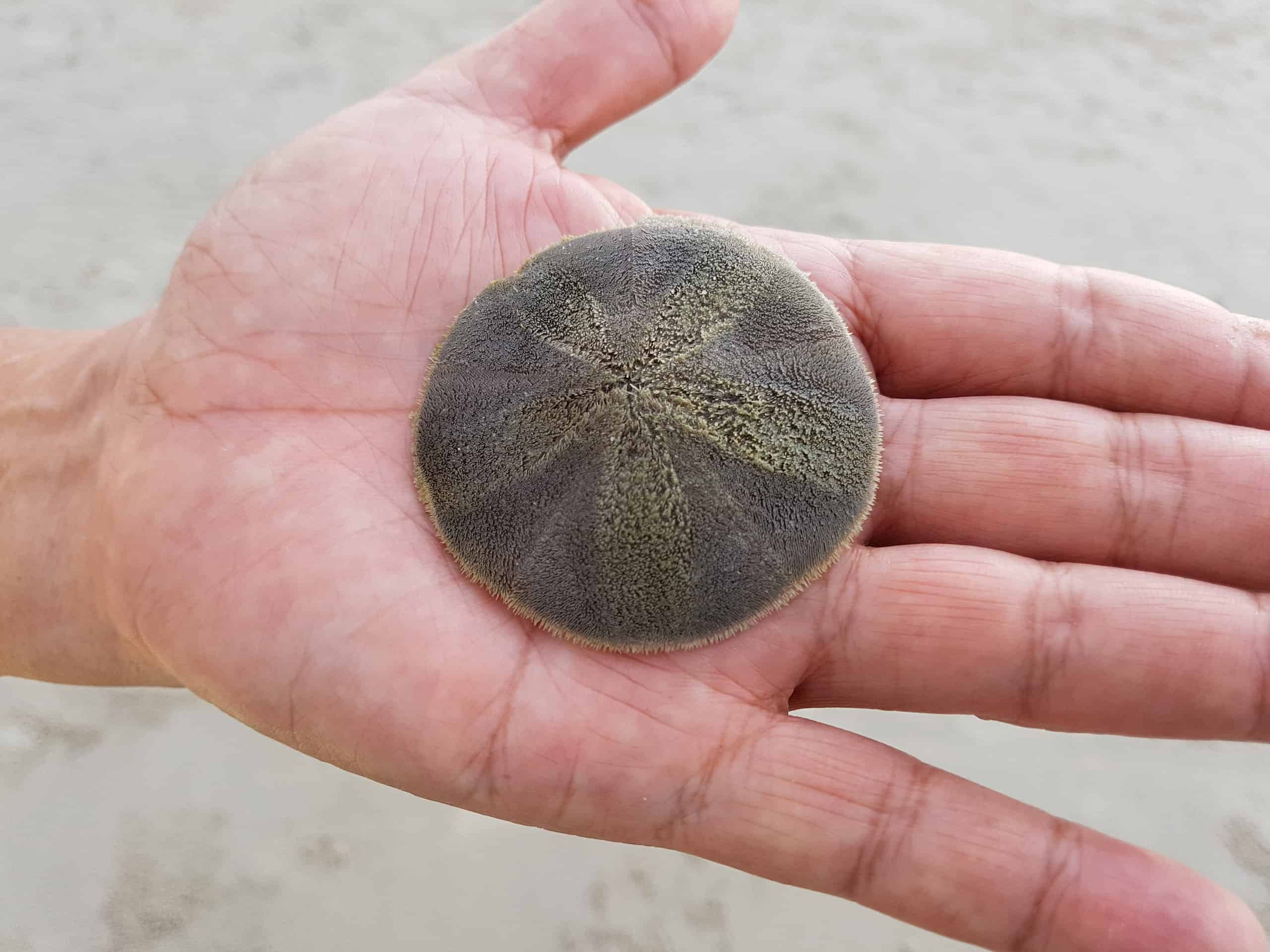
Sand dollars are fascinating marine creatures known for their ability to regenerate lost spines and parts of their bodies. This remarkable regeneration allows them to recover from injuries and adapt to their ocean environment. Their unique flat, disc-like shape and regenerative abilities make them stand out among marine life. Studying their biology provides valuable insights into the resilience of marine organisms. Explore 18 interesting facts about sand dollars to learn more about their extraordinary regenerative capabilities.
Read More About Sand Dollar: 18 Sand Dollar Interesting Facts
5
of 25
Hydra
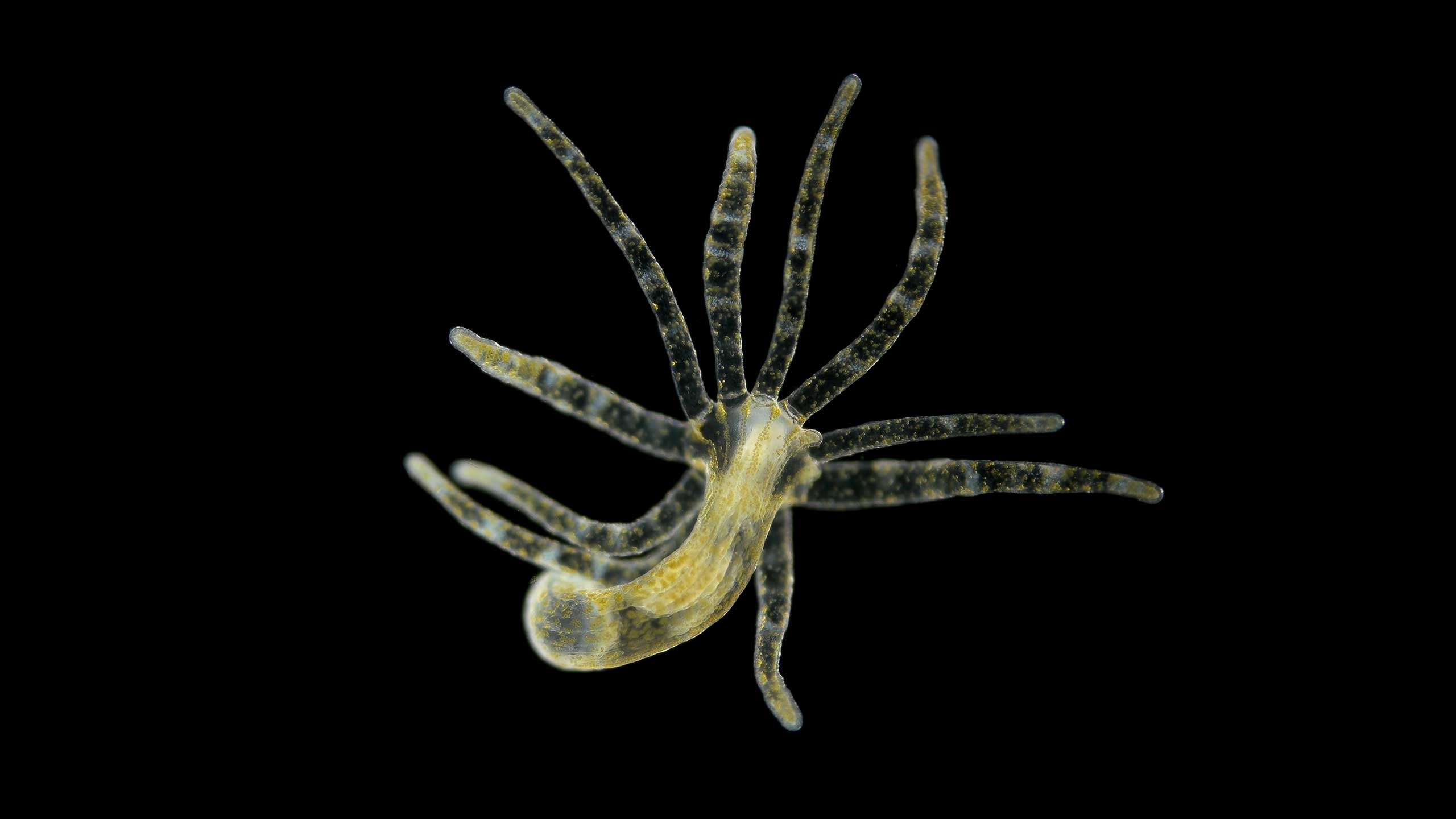
Hydras are remarkable freshwater organisms known for their exceptional ability to regenerate entire body parts, even from small fragments. This capability allows them to continuously renew and maintain their form, making them virtually immortal in the absence of disease or predation. Their simple body structure and regenerative power offer valuable insights into biological processes and stem cell research. Delve into 18 fascinating facts about hydras to learn more about their extraordinary regenerative abilities and unique characteristics.
Read More About Hydra: 18 Hydra Fun Facts
6
of 25
Axolotl
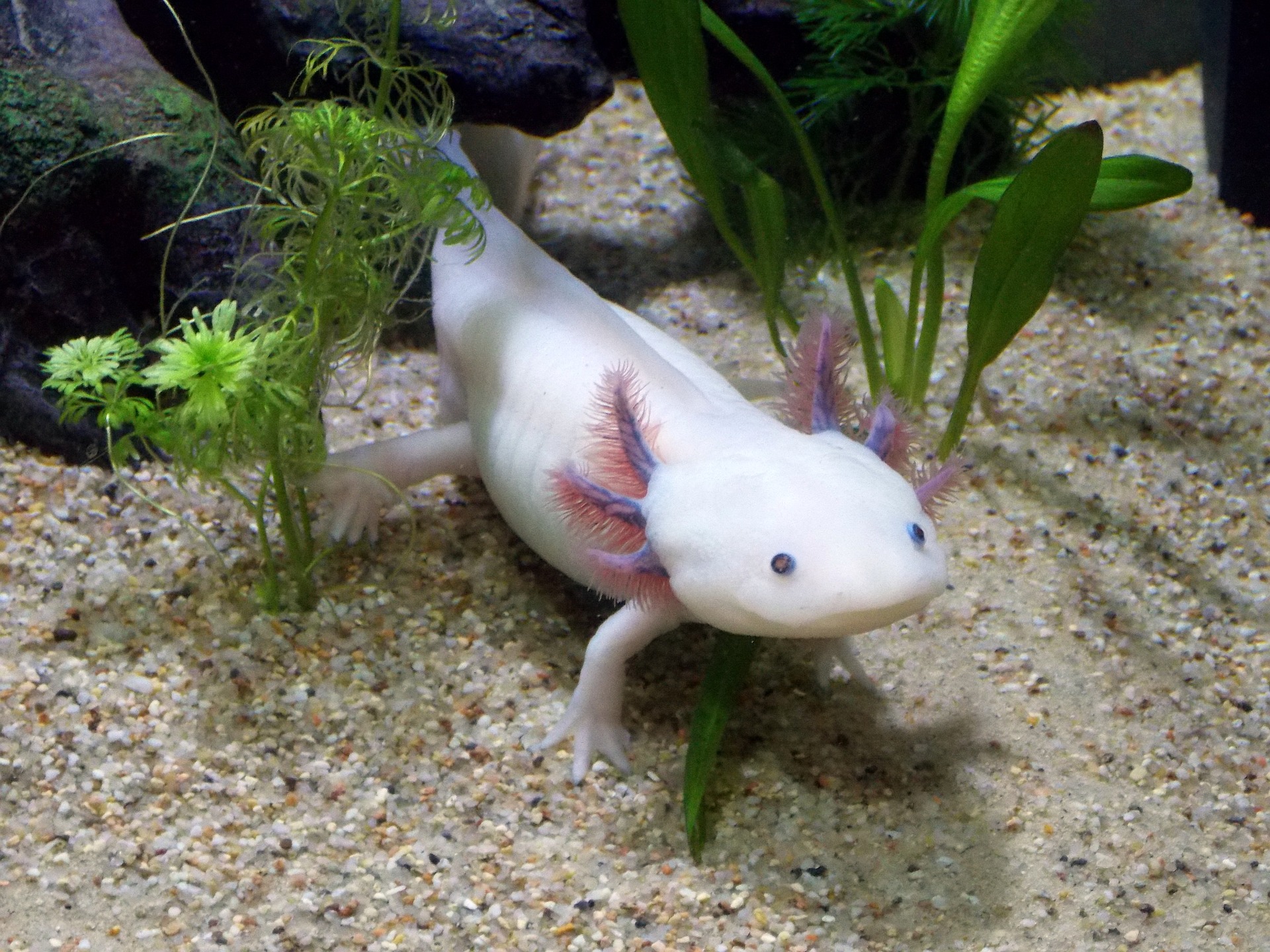
Axolotls are fascinating amphibians known for their incredible regenerative abilities. Native to Mexico, these unique creatures can regrow entire limbs, spinal cords, hearts, and even parts of their brains. Axolotls never fully undergo metamorphosis, retaining their juvenile features throughout life, including feathery gills and a tadpole-like tail. Their captivating appearance and gentle demeanor make them popular in research labs and as exotic pets. However, they’re critically endangered in the wild due to habitat loss and pollution. By learning more about axolotls, we can appreciate their unique place in nature and the remarkable biological processes they exhibit.
Read More About Axolotl: Axolotl Facts
7
of 25
Planarian
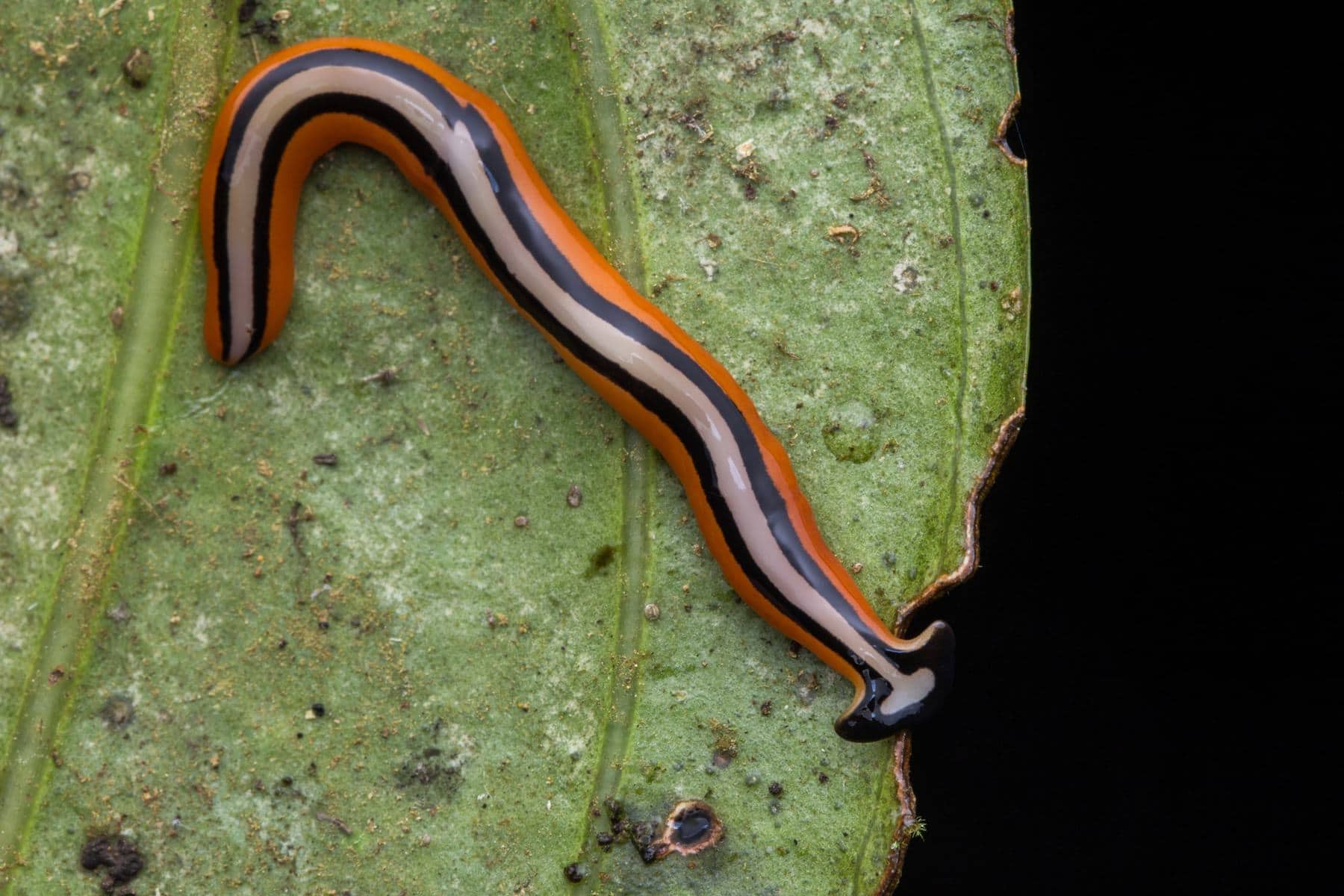
Planarians, those fascinating flatworms, have a jaw-dropping ability to regenerate their entire bodies from just a tiny piece of tissue. Imagine a creature that can regrow its head, tail, and everything in between, thanks to an abundance of stem cells. Found in freshwater environments, these tiny wonders can even split themselves in half and each half grows into a new worm. Scientists study them to unlock secrets about regeneration and stem cell biology. Not only do planarians astound with their regenerative capabilities, but their simplicity and versatility make them a go-to model for researchers worldwide.
Read More About Planarian: 14 Facts About Planarian
8
of 25
Salamander
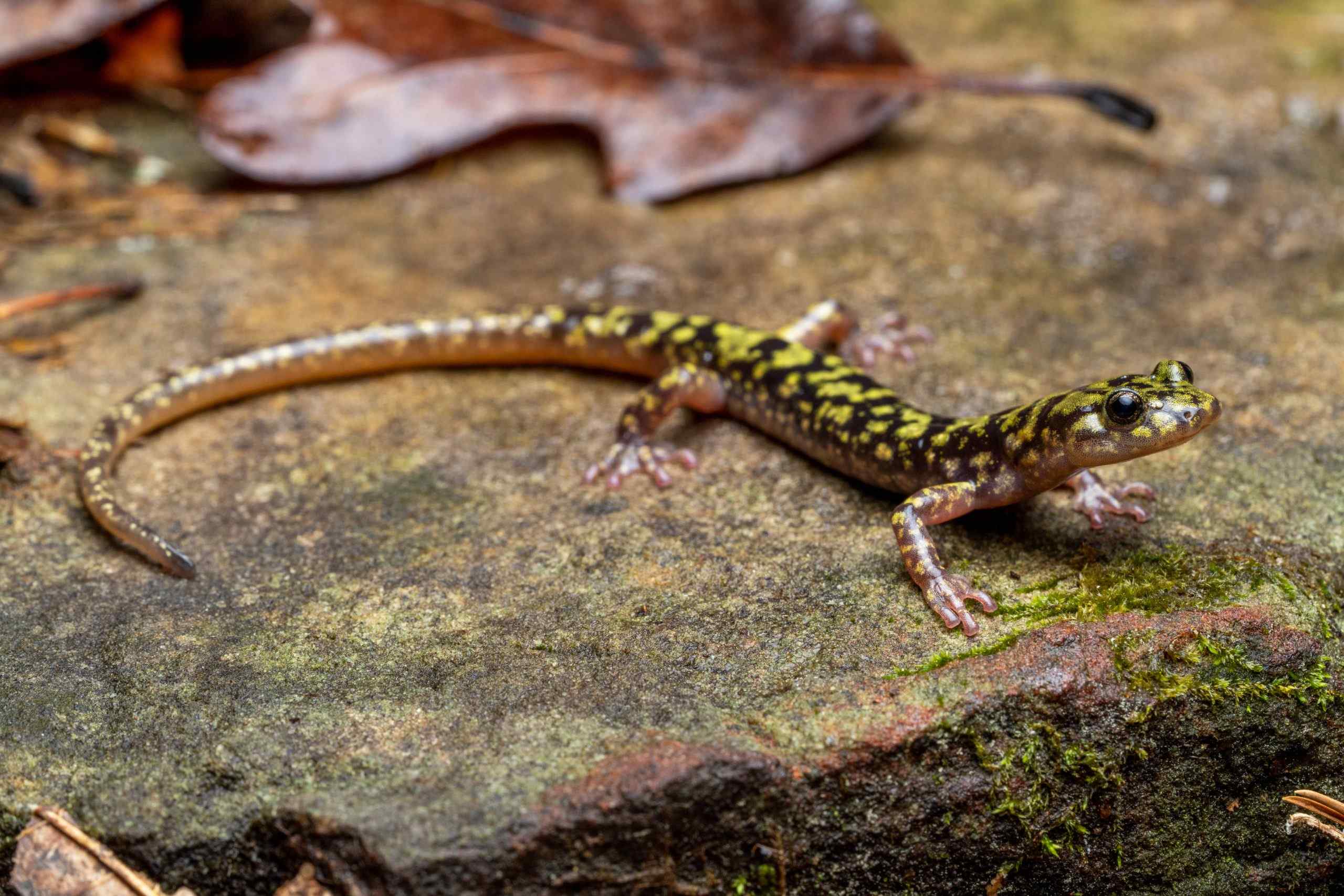
The green salamander, a marvel of nature, can regrow lost body parts, making it a standout among regenerative animals. Found in the Appalachian Mountains, this vibrant amphibian boasts distinctive green markings and a flattened body perfect for hiding in rock crevices. Unlike many other creatures, it can regenerate limbs and even parts of its spine, making it a resilient survivor. Imagine losing a tail or leg and simply growing it back! This extraordinary ability offers insights into potential advancements in medical science, fueling curiosity and wonder about the natural world’s capabilities. Dive into these fascinating facts and explore the wonders of regeneration!
Read More About Salamander: 19 Green Salamander Facts
9
of 25
Sea Cucumber
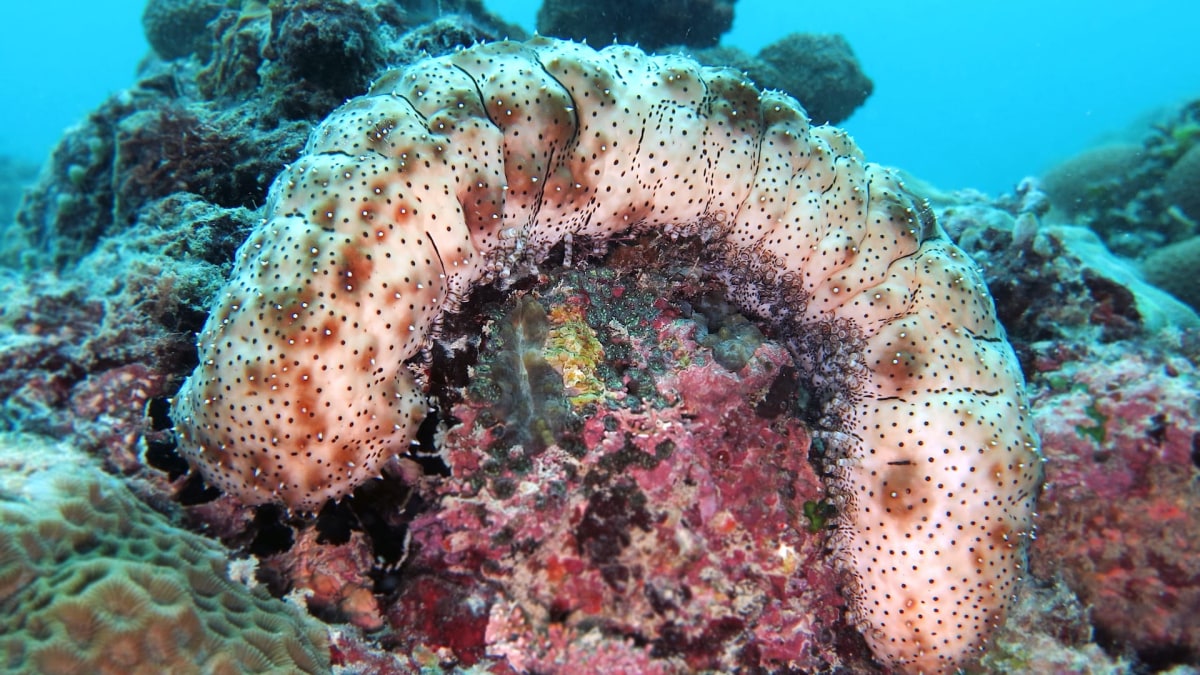
Sea cucumbers are fascinating creatures with remarkable regenerative abilities. Found on ocean floors, these squishy, elongated animals can regrow lost body parts, an ability that comes in handy for survival. When threatened, some can even expel their internal organs to distract predators, later regenerating those organs. Their unique defense mechanisms and regenerative powers make sea cucumbers an intriguing example of nature’s adaptability. With a knack for regeneration, these creatures demonstrate resilience and versatility in their underwater homes. Dive into the world of sea cucumbers and discover the marvels of regeneration in the animal kingdom.
Read More About Sea Cucumber: 17 Facts About Sea Cucumber
10
of 25
Lizard
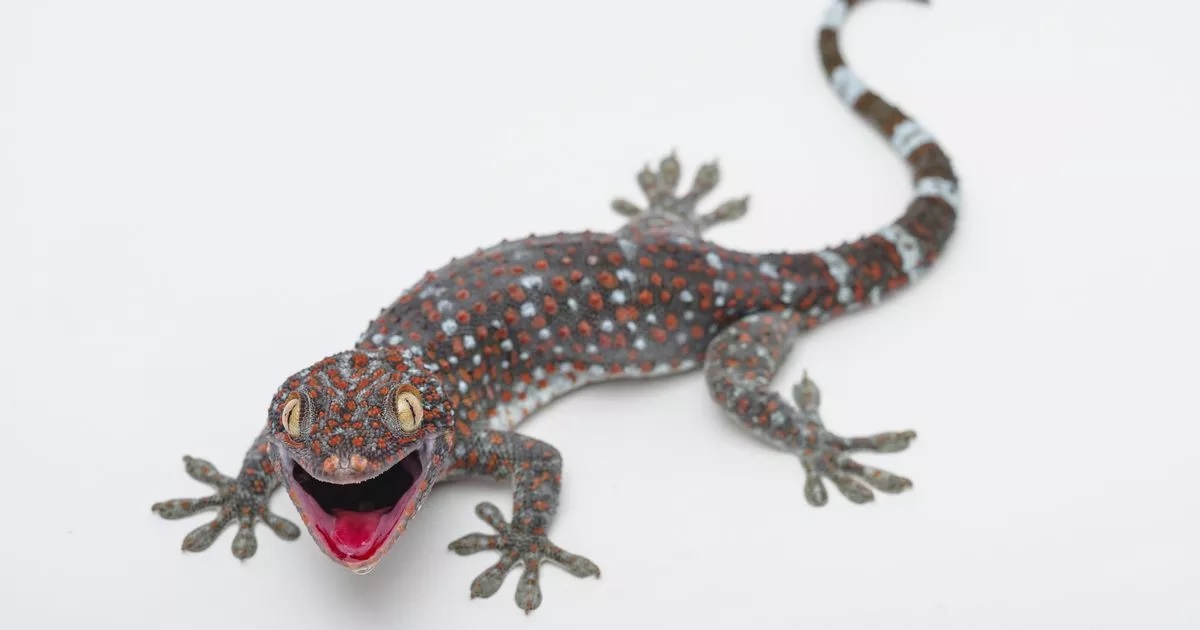
Lizards are fascinating creatures with a wealth of intriguing attributes. With their unique ability to regenerate lost tails, these reptiles showcase some of nature’s most incredible survival mechanisms. From camouflaging to escape predators, to their diverse habitats ranging from deserts to rainforests, lizards are true marvels of adaptation. Their varied diets, including insects and plants, and their specialized scales and vision, make them an exciting subject of study. Delving into their world reveals a tapestry of colors, behaviors, and evolutionary traits that captivate both scientists and nature enthusiasts alike. Lizards truly embody the wonders of the animal kingdom.
Read More About Lizard: 29 Amazing Facts About Lizards
11
of 25
Deer
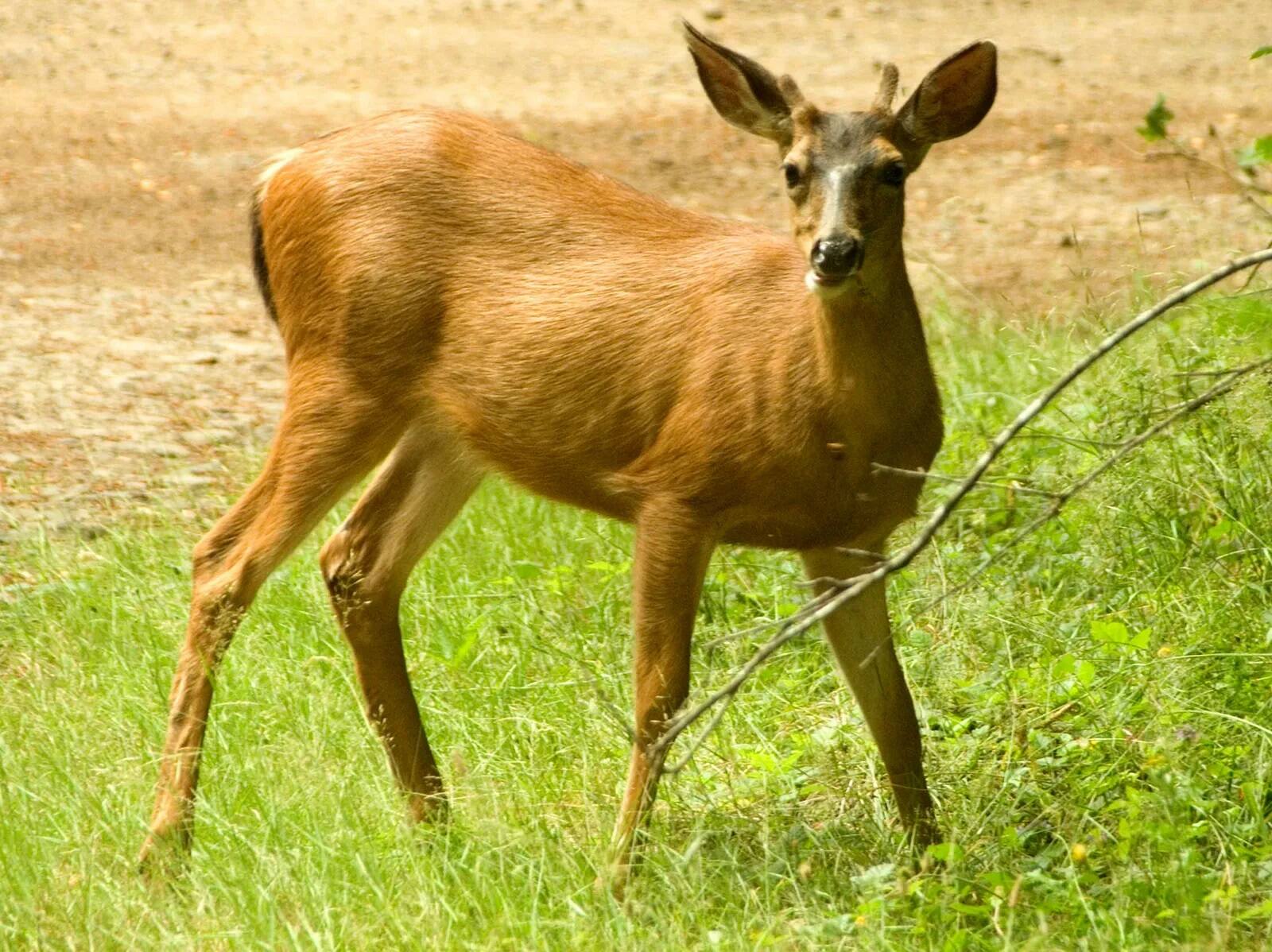
Deers are fascinating creatures with unique qualities that’ll make you look at them in a whole new light. From their astounding antler growth to quirky behaviors, these animals boast some truly incredible traits. Antlers, for instance, are one of the fastest-growing tissues in the animal kingdom, regenerating every year. Beyond just physical features, their social structures and survival tactics reveal a lot about their adaptability. Whether you’re captivated by their elegance or intrigued by their resilience, there’s always something new to learn about these graceful forest dwellers. Ready to delve deeper into the world of deers?
Read More About Deer: 18 Best Fun Facts About Deers
12
of 25
Crab
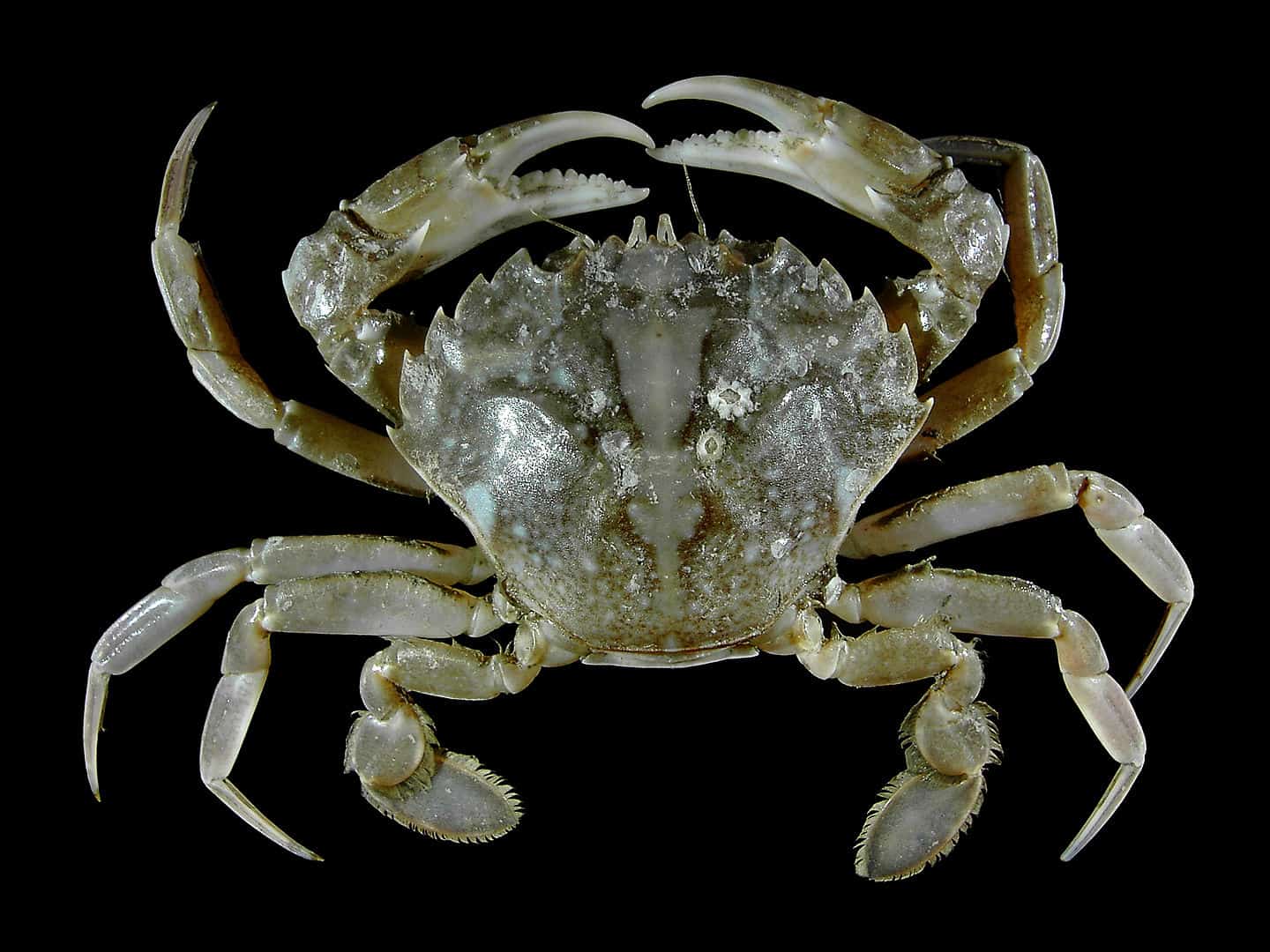
Crabs aren’t just fascinating crustaceans scuttling along the beach; they’re packed with surprises. From peculiar behaviors to mind-blowing adaptations, these critters reveal a whole other side of marine life. Imagine a creature that can grow back lost limbs or communicate using an array of signals. Reading about crabs, you’ll uncover quirky and often astonishing facts that make these animals even more intriguing. Whether it’s their unique way of walking sideways, their incredible strength, or their critical role in maintaining ocean health, crabs truly stand out in the animal kingdom. Dive in and get ready to be amazed!
Read More About Crab: Crab Facts
13
of 25
Flatworm
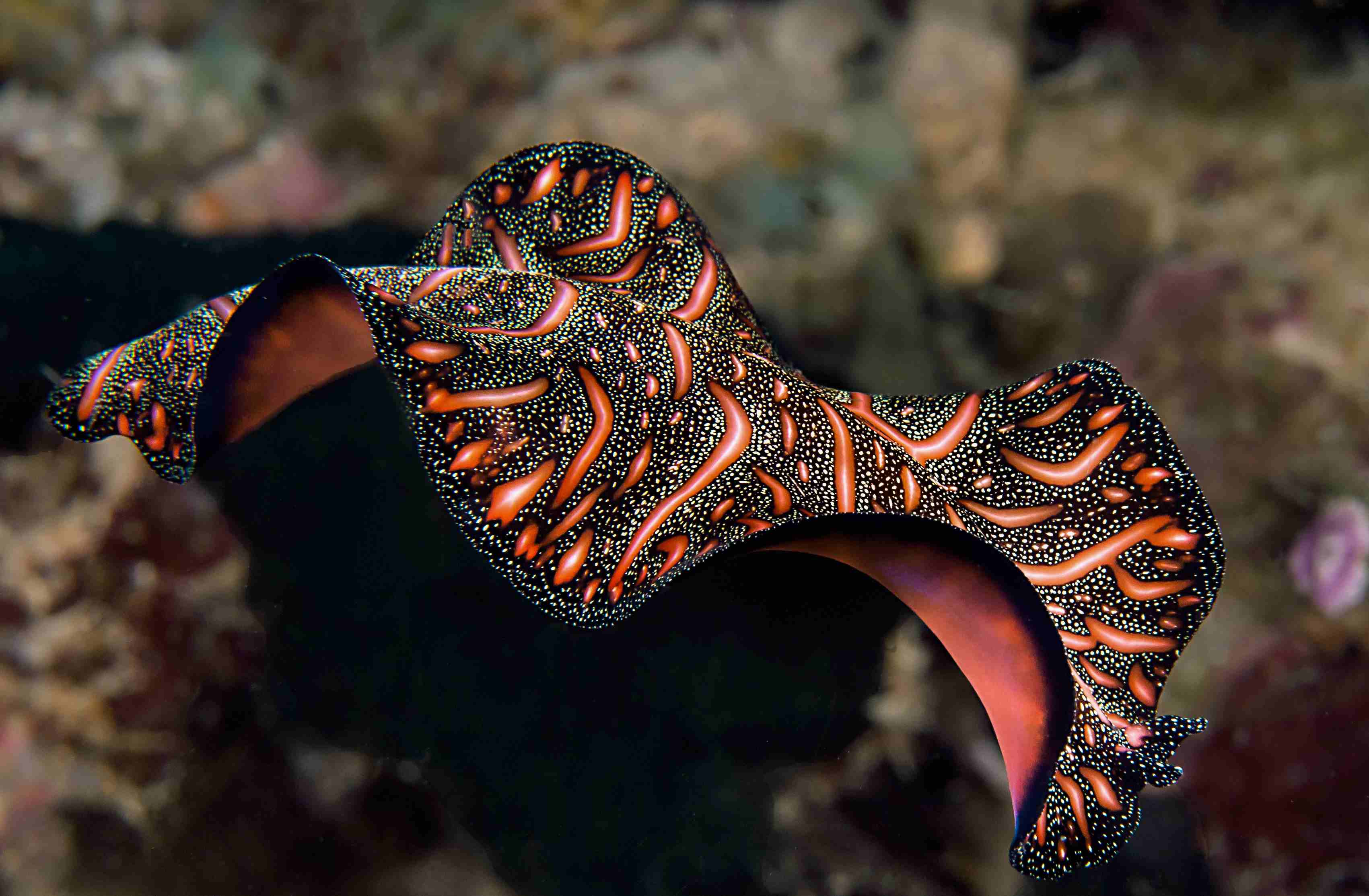
Flatworms are fascinating creatures full of surprises! These simple, unsegmented invertebrates can do mind-blowing things like regenerate lost body parts. If you cut one in half, both halves can grow into complete new worms. Found in various environments, from freshwater to inside other animals, their bodies are flat, hence the name. Without specialized respiratory or circulatory systems, flatworms absorb oxygen directly through their skin. Their keen sense of light helps them navigate surroundings despite lacking eyes. They might be tiny, but their capabilities pack a punch, showcasing nature’s incredible adaptability and resilience. Intrigue awaits when you dive deeper into their world.
Read More About Flatworm: 10 Cool Facts About Flatworms
14
of 25
Newt
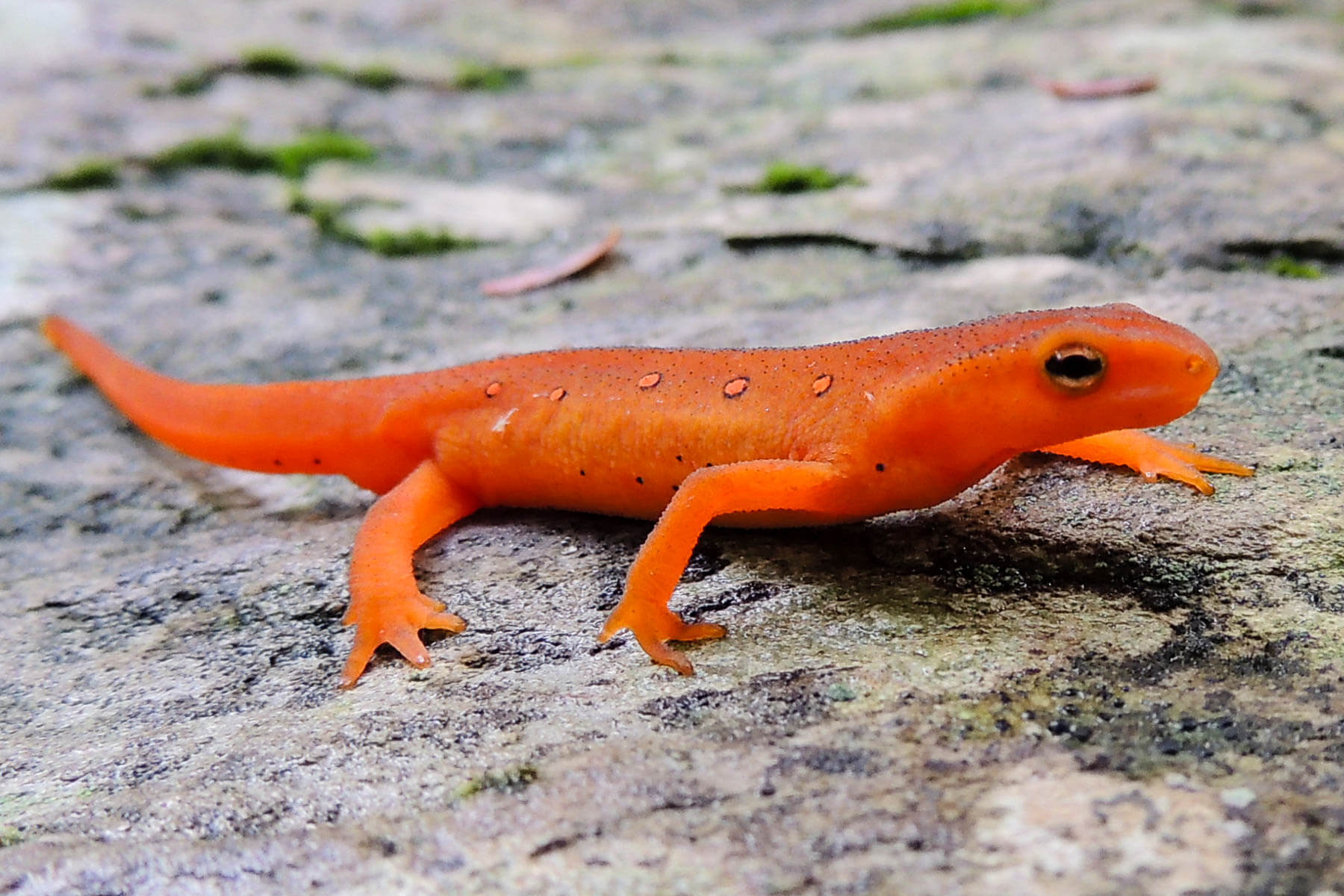
Curious about creatures with amazing regenerative abilities? Newts are fascinating amphibians capable of regrowing lost limbs, tails, eyes, and even parts of their hearts and brains. Found in moist environments, these small, colorful animals come with a host of interesting behaviors and adaptations that make them stand out in the animal kingdom. From their unique skin textures that provide protection to their toxic secretions used for defense, newts truly embody nature’s incredible resilience. Dive into the amazing world of newts and uncover what makes them such extraordinary survivors and marvels of nature.
Read More About Newt: 20 Fun Facts About Newts
15
of 25
Sea Urchin
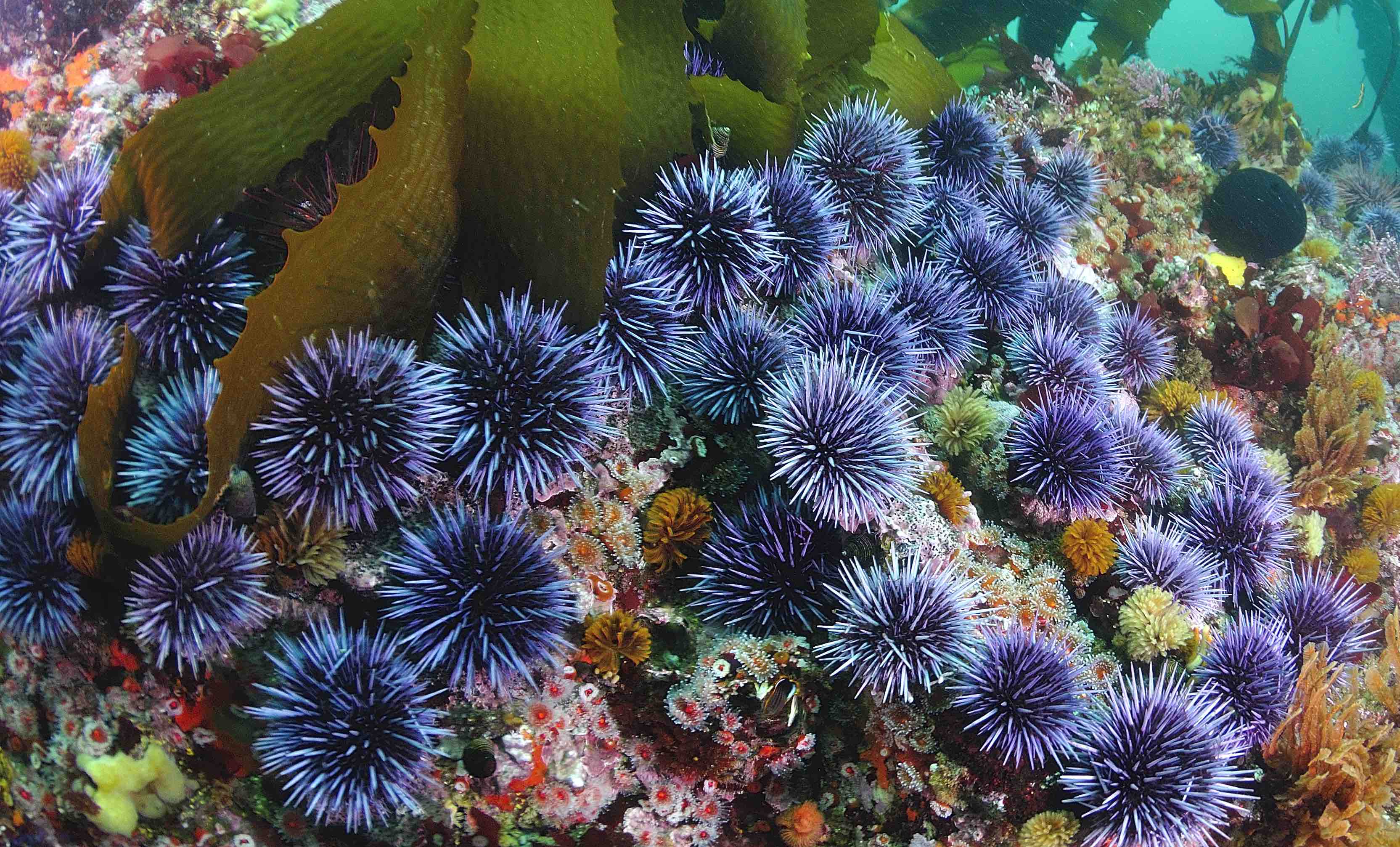
Sea urchins, those prickly marine dwellers, are fascinating creatures found in oceans worldwide. Renowned for their unique appearance and regenerative abilities, these spiny critters thrive on rocky seabeds. They play a vital role in the marine ecosystem, controlling algae growth and serving as prey for various predators. Their spines, while intimidating, are their primary defense mechanism against threats. Interestingly, sea urchins can regenerate lost spines and even parts of their internal organs, showcasing nature’s incredible healing powers. Perfectly adapted to their environment, they offer a glimpse into the complexities of marine life and the wonders of regeneration.
Read More About Sea Urchin: Sea Urchin Facts
16
of 25
Octopus
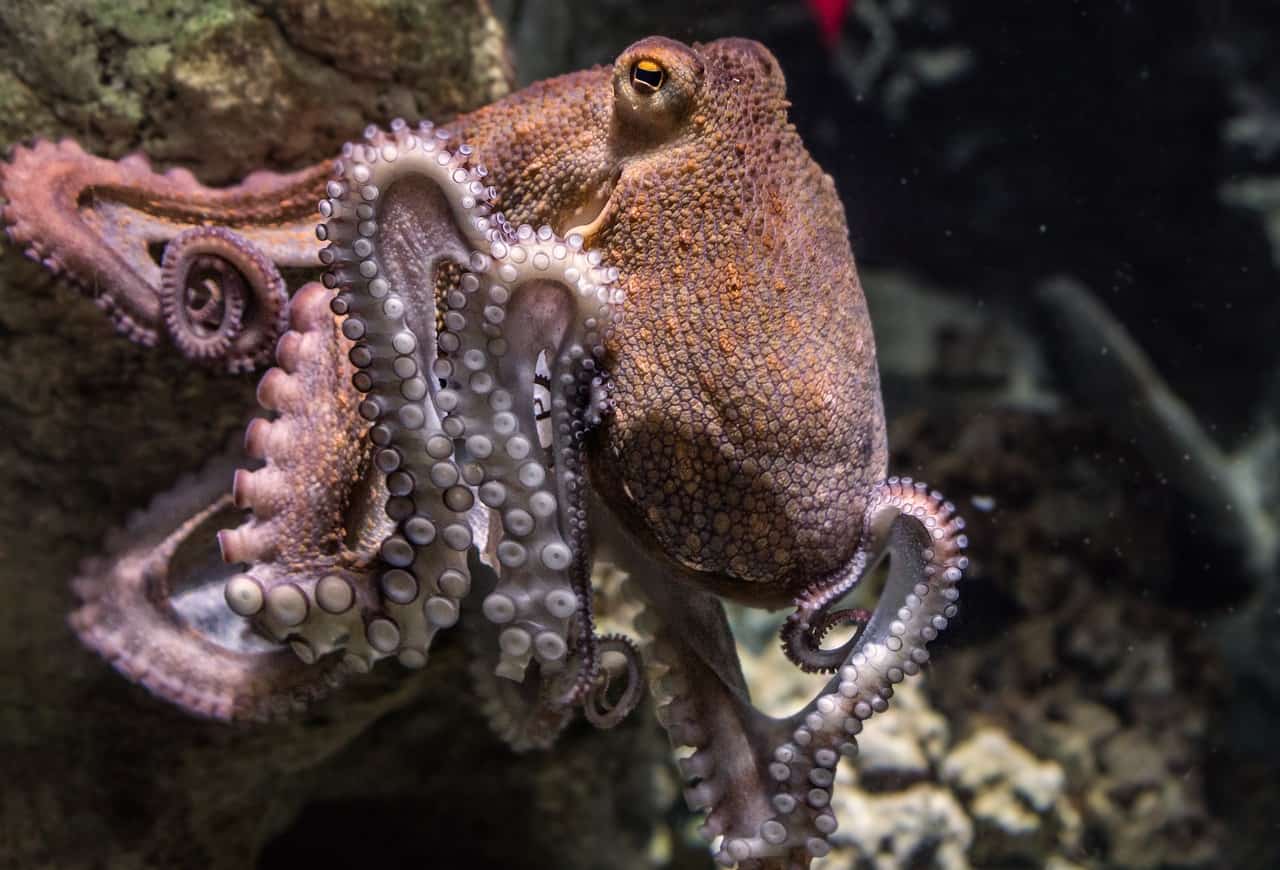
Octopuses are fascinating creatures packed with surprises. These brainy invertebrates boast three hearts and blue blood. Masters of disguise, they can change color and texture instantly. Not only can they squeeze through tiny spaces, but their arms also have a mind of their own, each packed with neurons. Some species even practice self-defense through jet propulsion or releasing ink clouds. Their intelligence rivals that of some mammals, using tools and solving puzzles. They are also known for regenerating lost limbs, making them one of the ocean’s most extraordinary survivors. Dive into their world and prepare to be amazed.
Read More About Octopus: Octopus Facts
17
of 25
Nudibranch
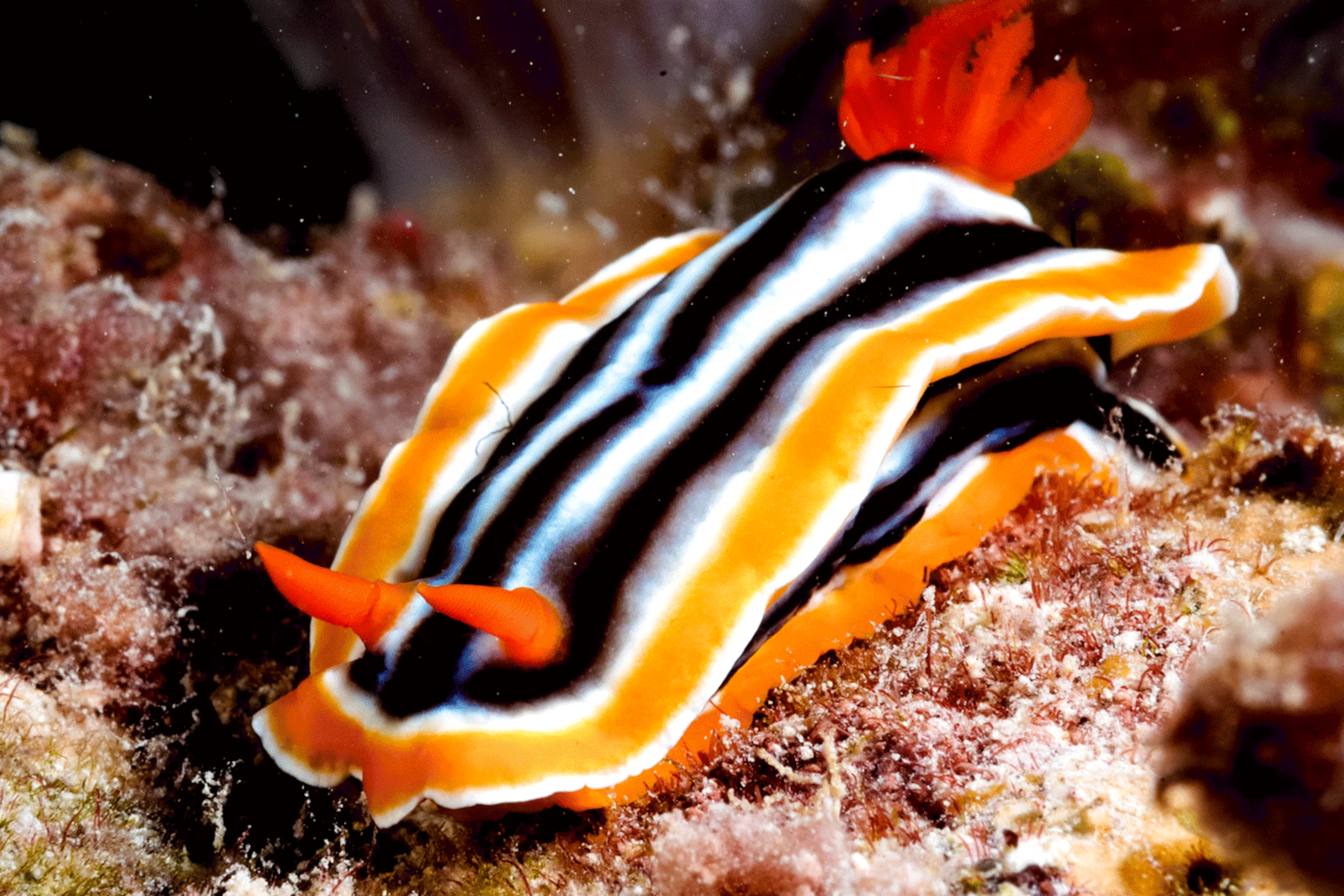
Nudibranchs, often called sea slugs, are vibrant and fascinating marine creatures known for their incredible ability to regenerate body parts. These soft-bodied mollusks exhibit a stunning array of colors and patterns, making them a favorite among underwater photographers and marine biologists alike. Not only do they dazzle with their beauty, but some can also regrow lost appendages, showcasing nature’s remarkable adaptability. Their intriguing life cycle and regenerative capabilities make them a captivating subject within the larger discussion of animals that can regenerate body parts. Get ready to dive into the mesmerizing world of these underwater wonders!
Read More About Nudibranch: 17 Facts About Nudibranch
18
of 25
Frog
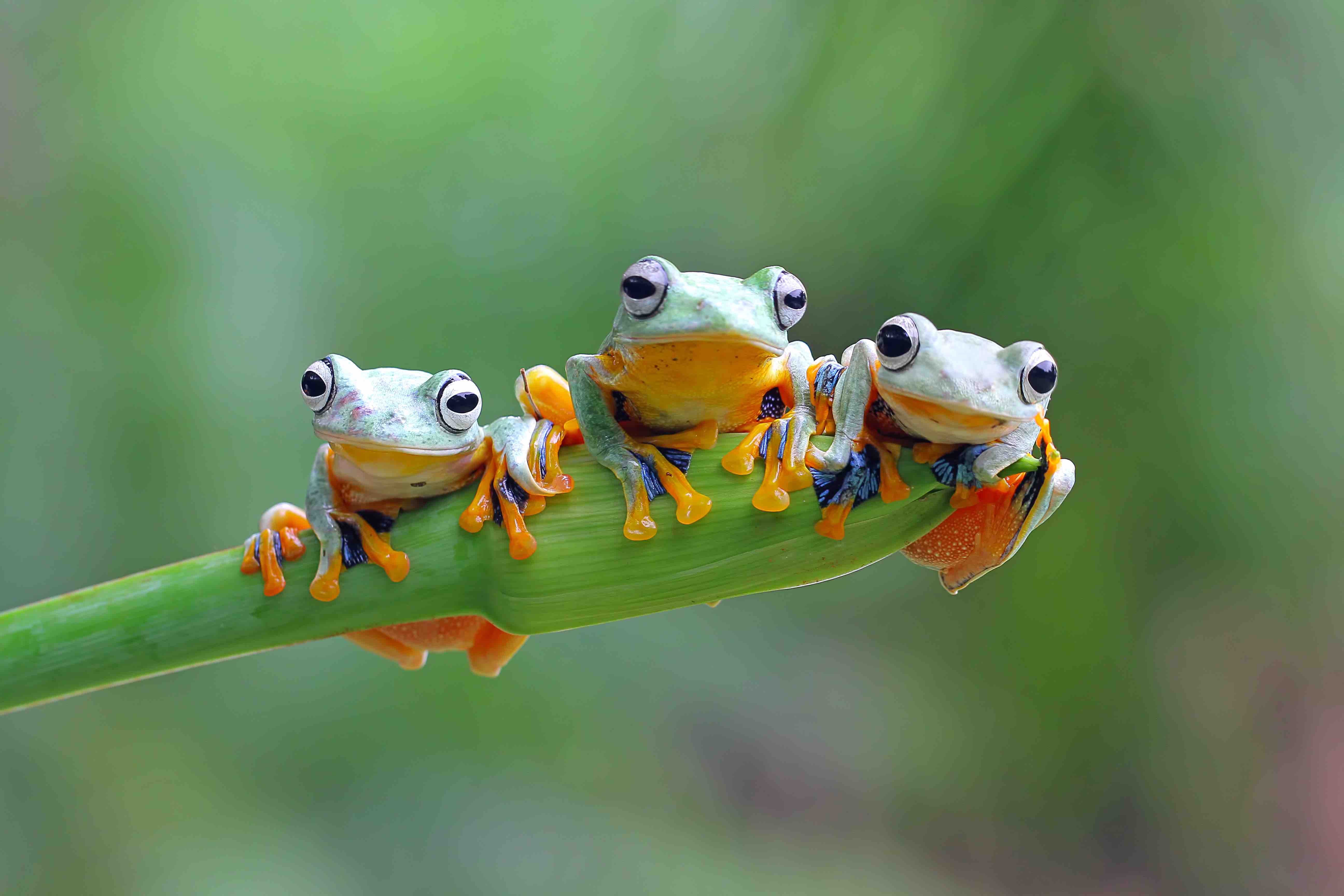
Frogs, fascinating creatures of the amphibian world, exhibit remarkable characteristics that often leave us in awe. These little leapers boast incredible adaptations, including their famous ability to regrow lost limbs. Imagine a tiny, hopping marvel, with specialized skin that can breathe underwater and eyes that can see in almost all directions. Some even change colors to blend into surroundings, making them masters of camouflage. Their powerful legs propel them with astonishing jumps, while their calls create symphonies in wetlands. From vibrant colors to unique behaviors, frogs showcase nature’s ingenuity and resilience, making their existence both intriguing and vital to ecosystems.
Read More About Frog: Frog Facts
19
of 25
Cockroach

Get ready to squirm! Cockroaches, those resilient little critters, have been around for millions of years. Their survival skills are nothing short of astonishing. They can live without food for a month, hold their breath for 40 minutes, and even survive decapitation for a week. These nocturnal insects are experts in squeezing through tiny cracks and can run up to three miles an hour. Despite their creepy reputation, cockroaches play a crucial role in the ecosystem, helping to break down decaying organic material. Dive into this fascinating world and learn some jaw-dropping facts about these tenacious insects!
Read More About Cockroach: Cockroach Facts
20
of 25
Earthworm
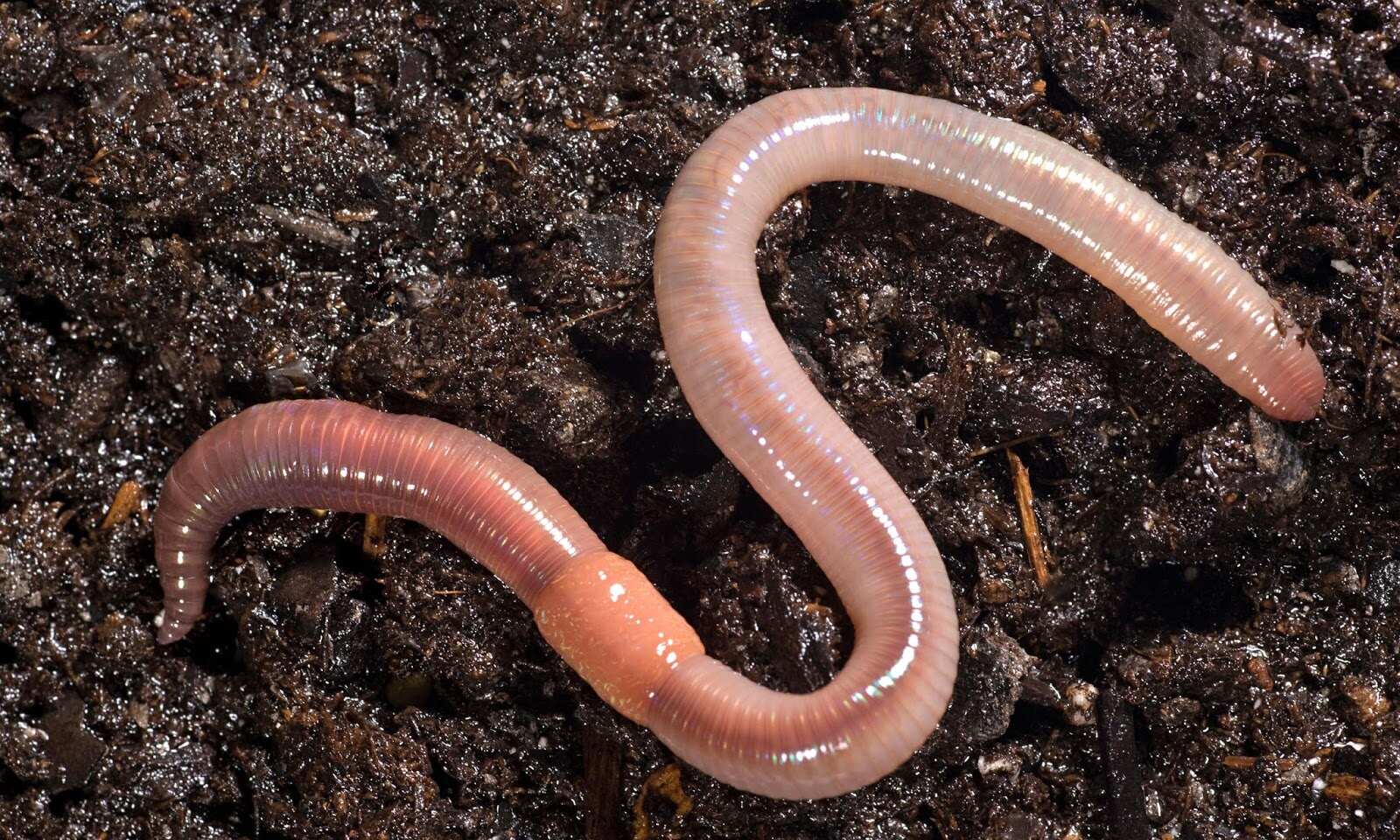
Earthworms are fascinating creatures with remarkable abilities. They don’t just wriggle around in the dirt; these squirmy wonders can regenerate lost body parts, making them nearly superheroes of the soil. Chop one in half, and the right conditions might see it turn into two separate worms. Speaking of soil, earthworms play a vital role in agriculture by aerating and enriching the ground, helping plants grow strong. Besides, they have multiple hearts, can sense light, and even have a unique way of breathing through their skin. Dive into the world of earthworms, and you’ll find more than just dirt-dwellers.
Read More About Earthworm: 18 Great Earthworm Facts
21
of 25
Lobster
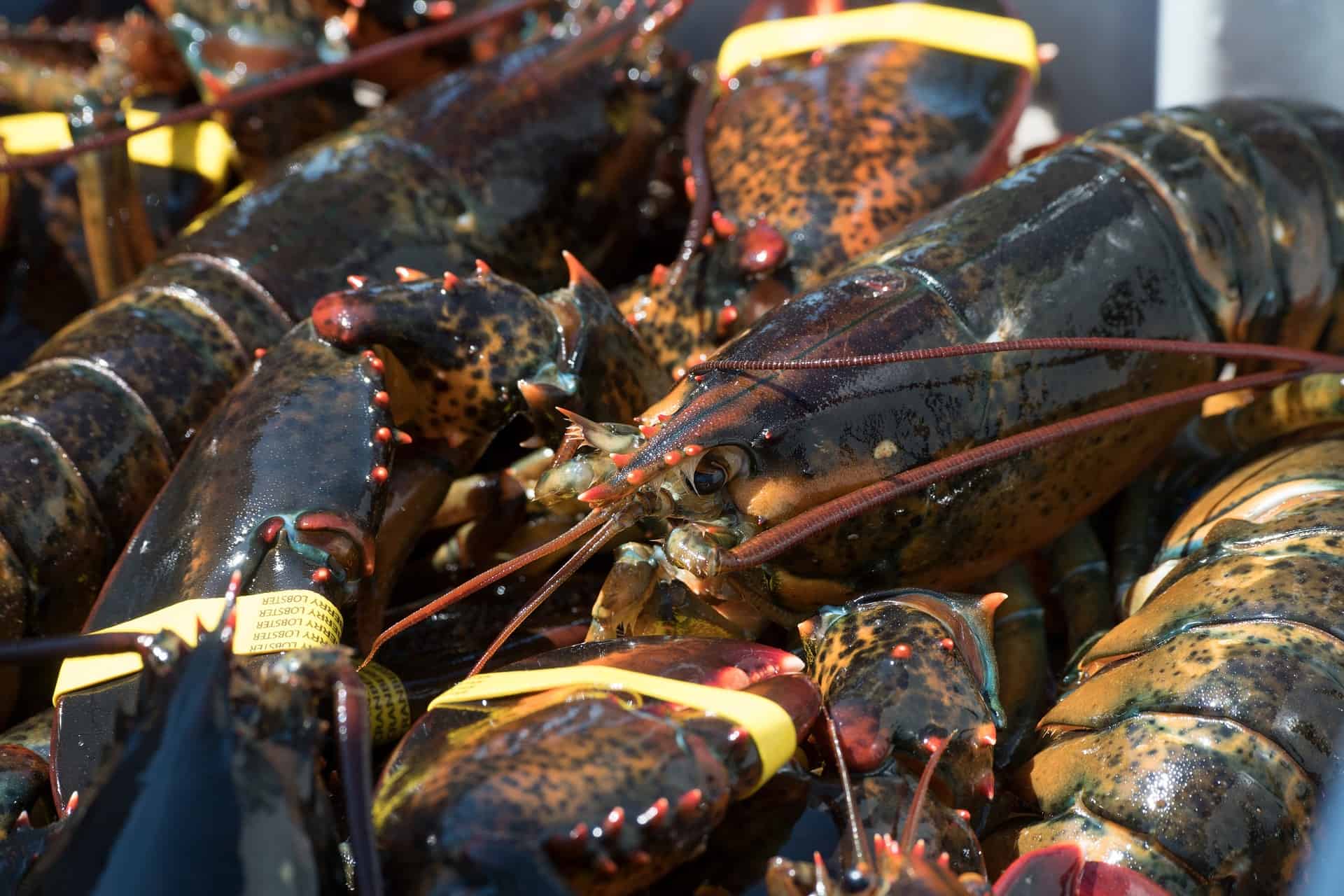
Lobsters, fascinating creatures of the ocean, hold some of the most astonishing secrets in the animal kingdom. From their unique regenerative abilities to their quirky behaviors, lobsters defy expectations at every turn. These crustaceans can regrow lost claws, legs, and antennae, making them true marvels of nature. Their complex lives, including their surprising longevity and peculiar mating rituals, add layers of intrigue. With a color-changing shell and a brain located in their throat, lobsters are full of surprises. Dive into a world where biology meets wonder, and discover the many unexpected facets of these remarkable ocean dwellers.
Read More About Lobster: Lobster Facts
22
of 25
Sea Anemone
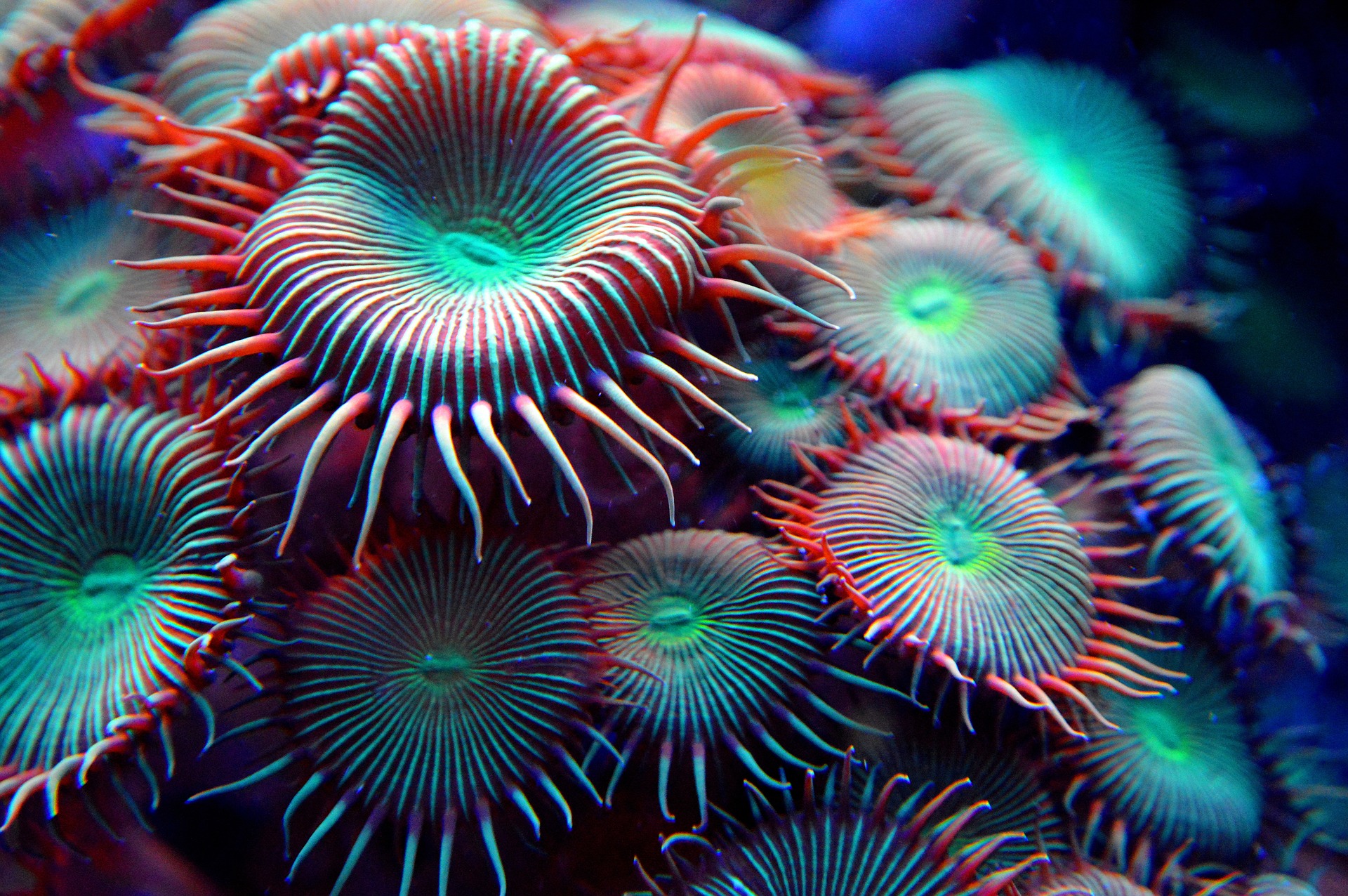
Sea anemones, often mistaken for colorful underwater plants, are actually fascinating predatory animals related to jellyfish and corals. With their vibrant hues and flower-like appearance, they add a touch of beauty to ocean landscapes. These creatures possess remarkable regenerative abilities, allowing them to regrow lost parts and even clone themselves. Unlike typical flowers, sea anemones use specialized stinging cells to capture prey. Their symbiotic relationships with various marine species, like clownfish, highlight their ecological importance. Dive into the mesmerizing world of sea anemones and uncover the secrets of these captivating marine marvels.
Read More About Sea Anemone: Sea Anemone Facts
23
of 25
Sea Slug
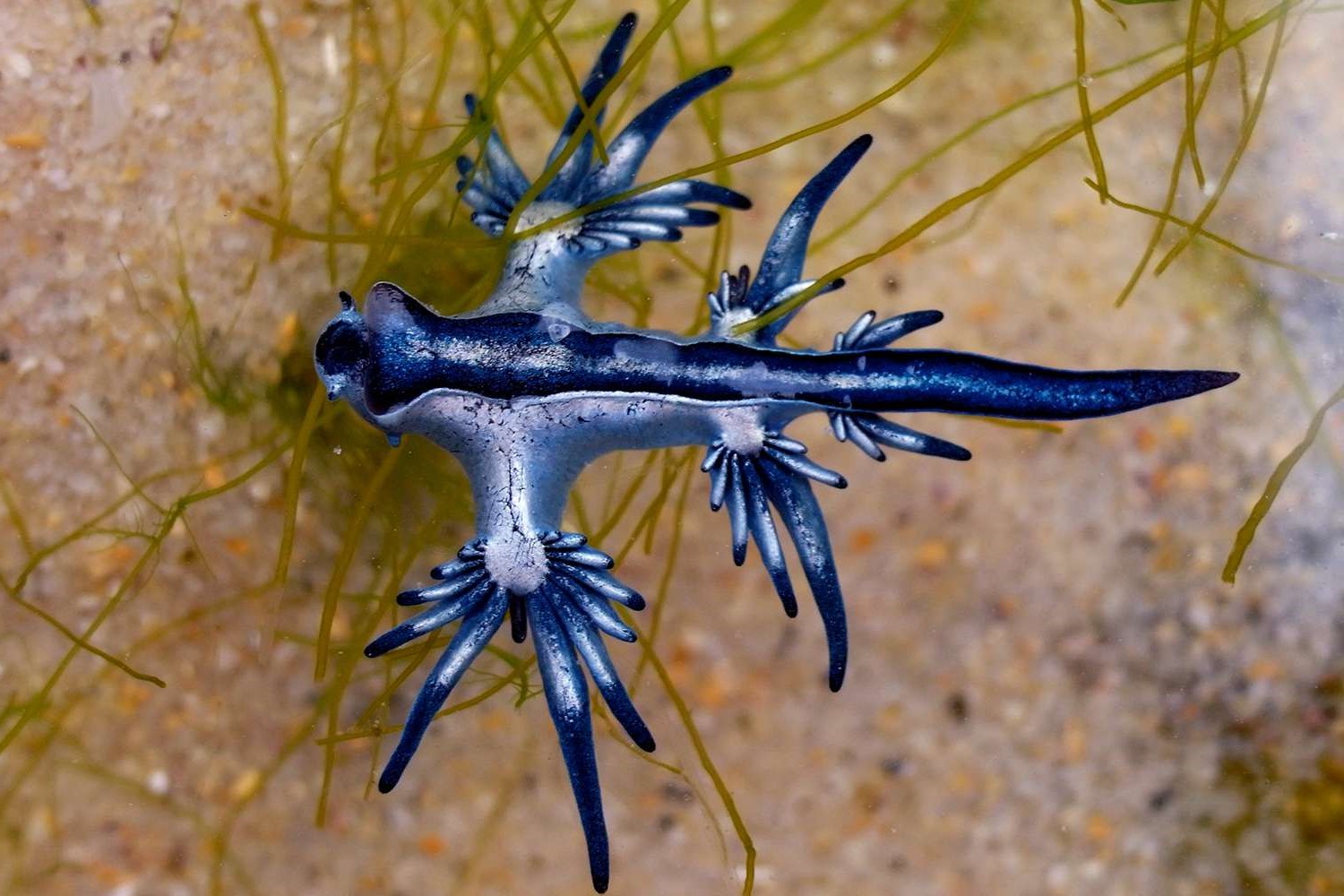
The Great Blue Glaucus, also known as the blue dragon, is an eye-catching sea slug that looks like a creature straight out of a sci-fi movie. This small but mighty marine animal floats on the ocean’s surface, using its vibrant blue color as camouflage against the water. One of the coolest things about the blue dragon is its ability to regenerate lost body parts, making it a fascinating subject for anyone interested in animal adaptability. With finger-like cerata and a knack for eating venomous prey, it’s an absolute marvel of the natural world.
Read More About Sea Slug: 31 Great Blue Glaucus Facts
24
of 25
Brittle Star
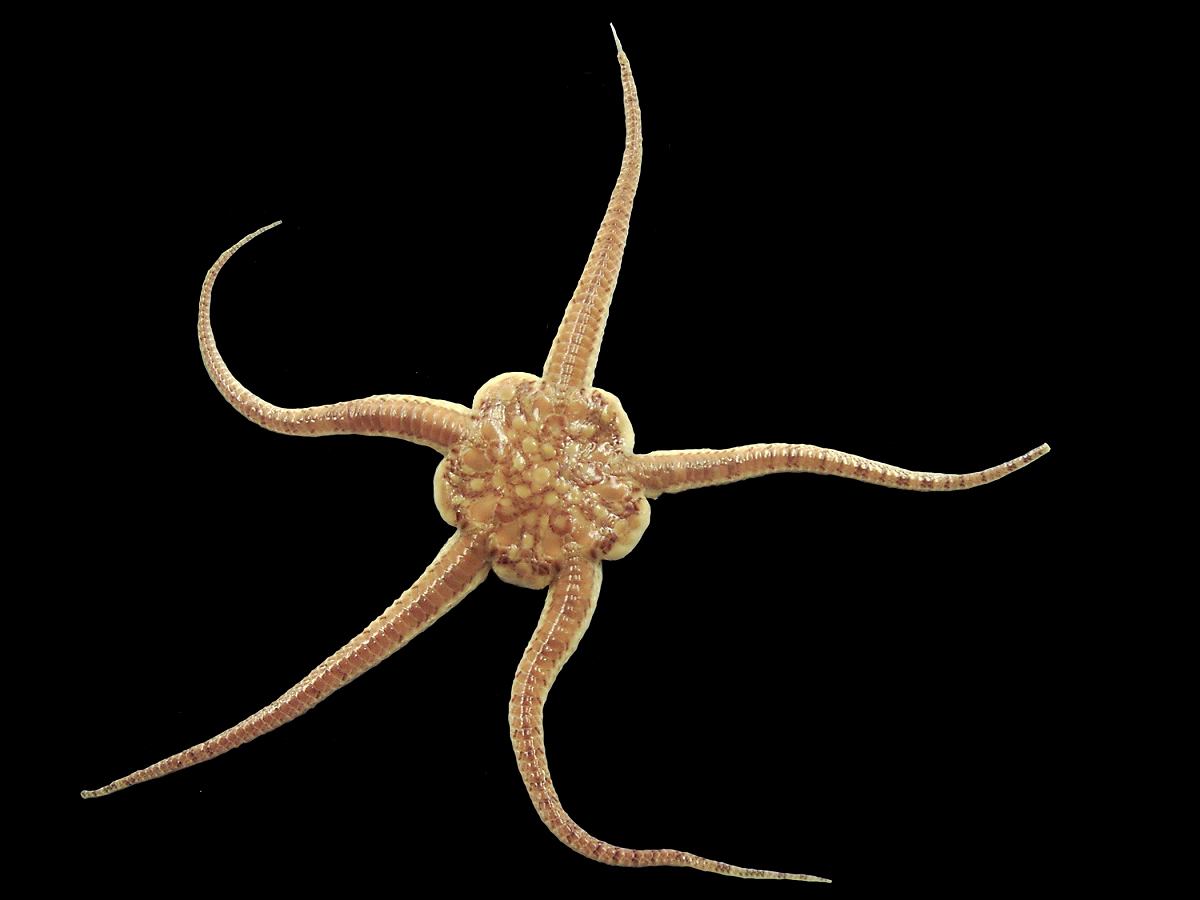
Brittle stars, those fascinating sea creatures, have an incredible ability to regenerate lost body parts. When threatened, they can shed an arm to escape predators and later regrow it. Found in oceans worldwide, these relatives of starfish use their long, slender arms to move gracefully across the seafloor. With varying colors and patterns, brittle stars add a splash of beauty to underwater ecosystems. Their unique regenerative powers make them a subject of interest in scientific research, shedding light on the mysteries of healing and regrowth. Dive into the captivating world of brittle stars and uncover their secrets!
Read More About Brittle Star: 19 Brittle Star Facts
25
of 25
Sponges
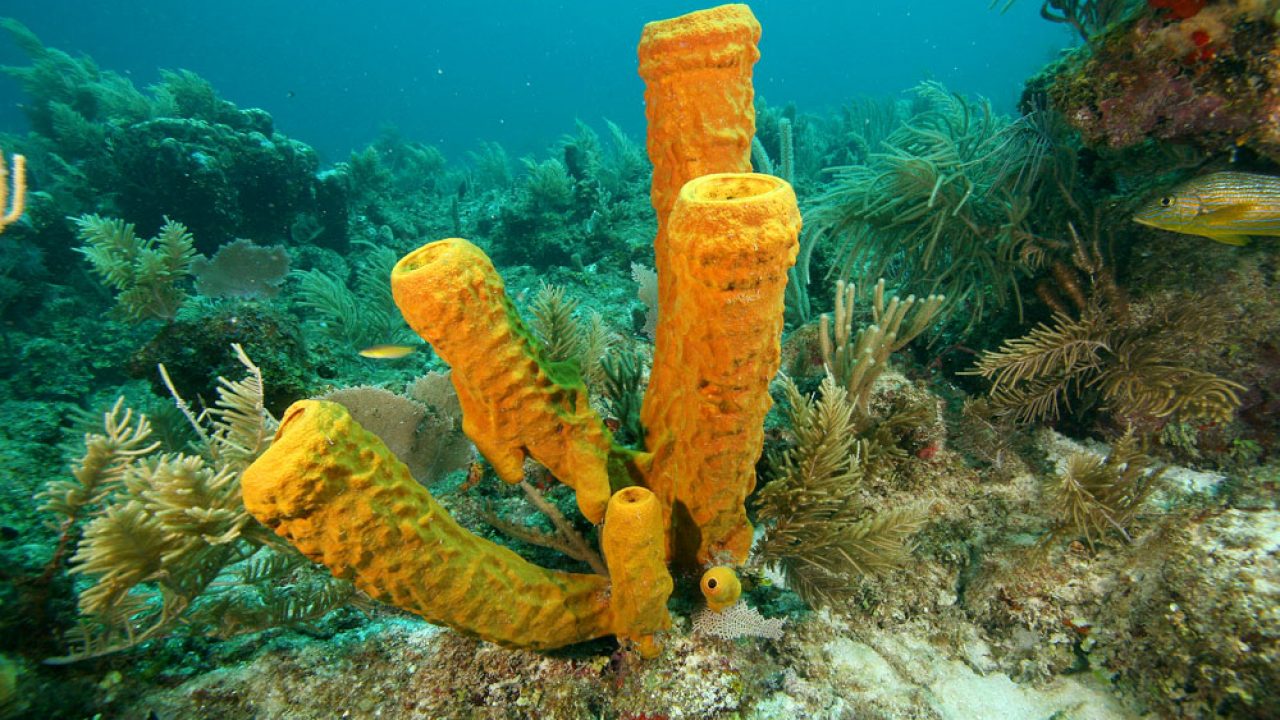
Sponges, fascinating creatures of the ocean, possess an extraordinary ability to regenerate lost parts. Often found in various marine environments, these porous animals filter water to obtain food and oxygen. They can rebuild themselves even after being torn into tiny pieces, making them true marvels of nature. With a simple body structure lacking tissues and organs, their incredible regenerative capabilities stem from a special type of cell called archaeocytes. Sponges’ resilience and adaptability have allowed them to thrive for millions of years, contributing to their vital role in marine ecosystems. Dive deeper into the world of these amazing organisms and their unique traits.
Read More About Sponges: 10 Facts About Sponges
Was this page helpful?
Our commitment to delivering trustworthy and engaging content is at the heart of what we do. Each fact on our site is contributed by real users like you, bringing a wealth of diverse insights and information. To ensure the highest standards of accuracy and reliability, our dedicated editors meticulously review each submission. This process guarantees that the facts we share are not only fascinating but also credible. Trust in our commitment to quality and authenticity as you explore and learn with us.
